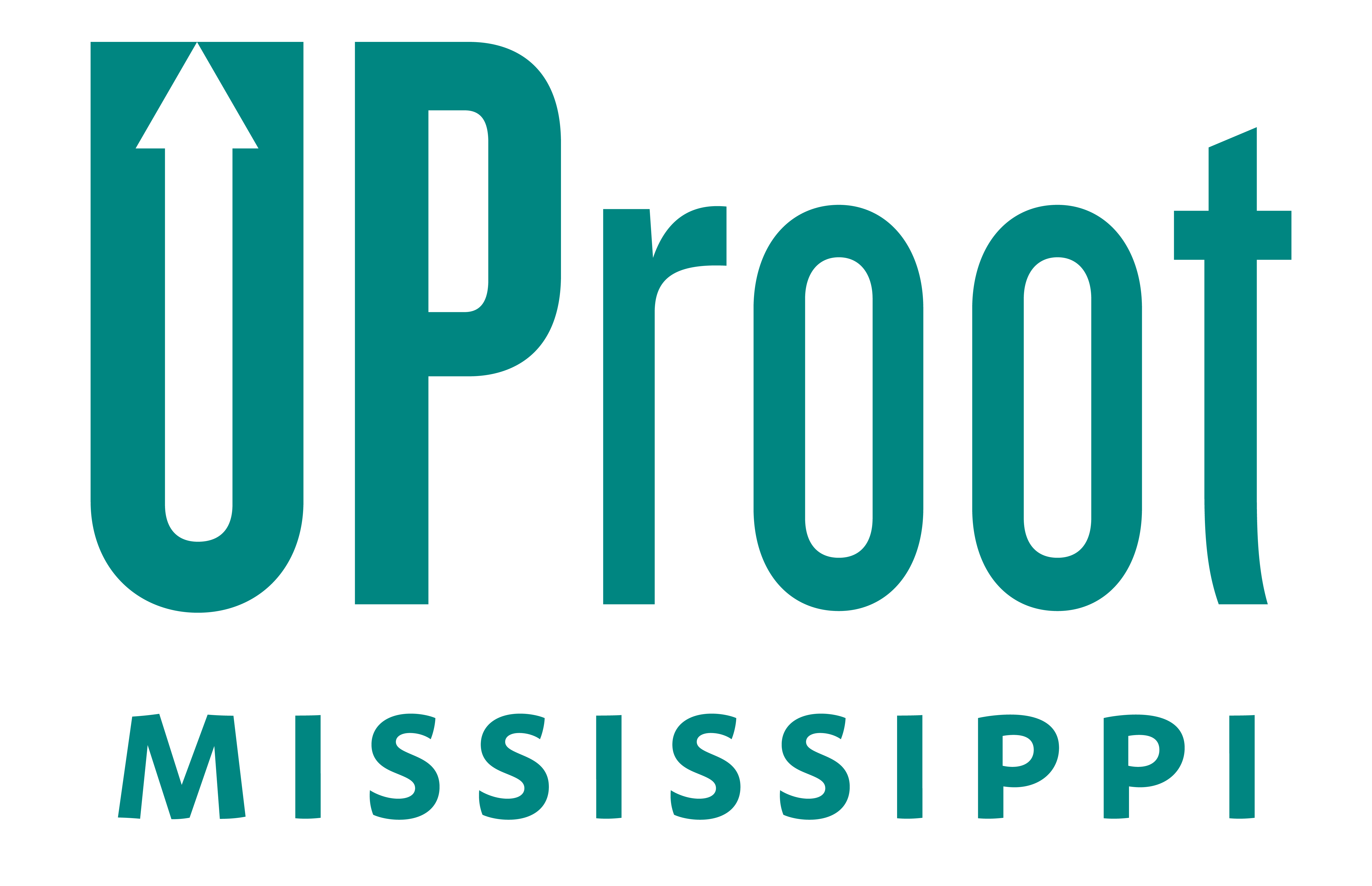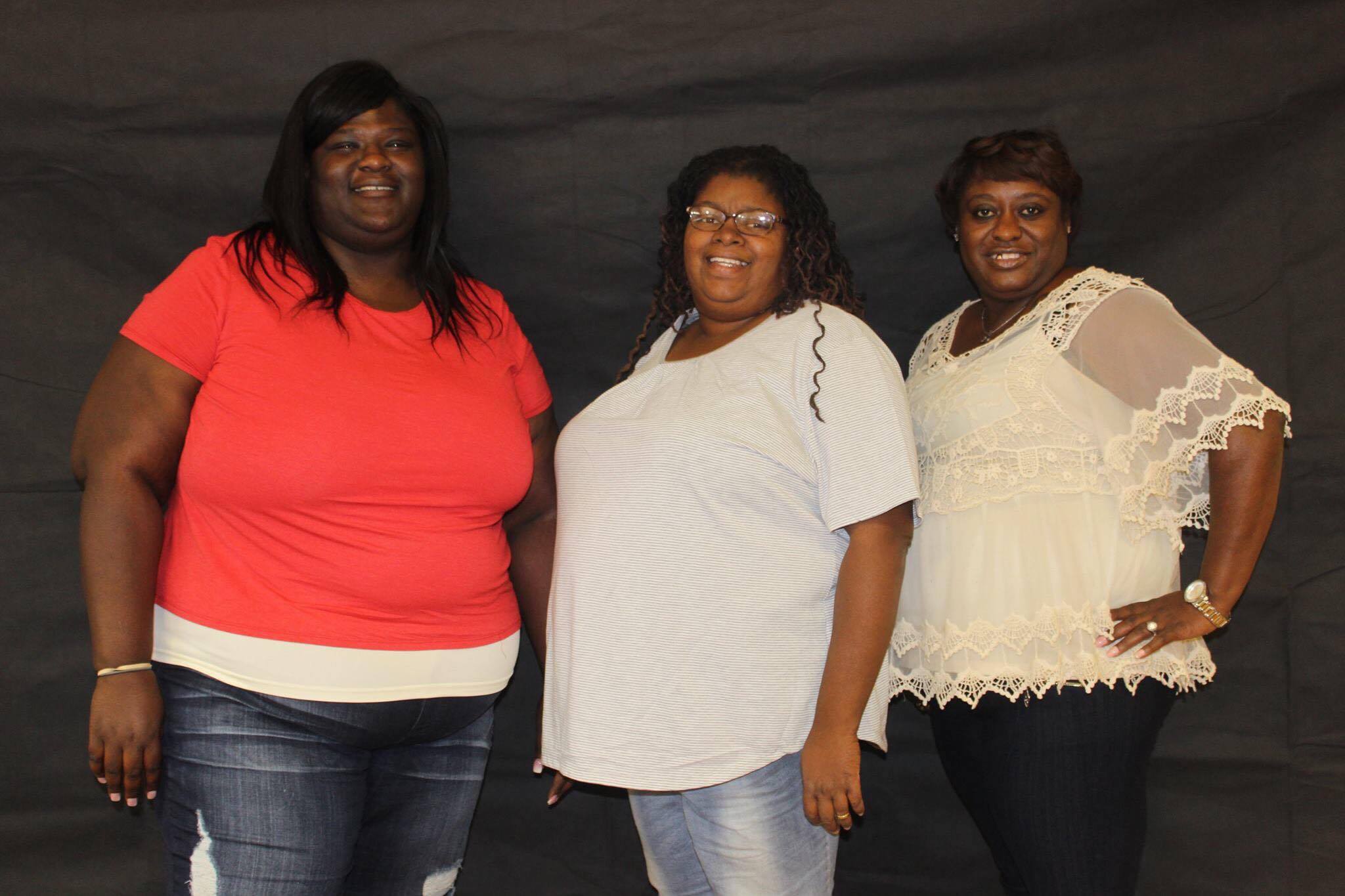Breastfeeding is a vital way to ensure the health of newborn infants and their mothers, offering benefits from lowering the likelihood of infant death to better ensuring a child’s long-term physical, social and academic success. But data shows African-American mothers in Mississippi do not breastfeed their children as often as Mississippi moms of other races do. Barriers like a lack of knowledge and resources significantly lower the rate of breastfeeding initiation among black women, especially those who live in poverty. This is where the Northeast Mississippi Birthing Project, which focuses on maternal and child health for women of color, comes in.
Closing the gap in breastfeeding success
“When I first started, I was a doula, supporting families pro bono and having clients that were pay clients,” founder and executive director Toni Hill, who is a midwife, said. But Hill says she was inspired to fulfill the community need not only because she saw how income affects women and their birth outcomes, but also because the infant mortality rate among black babies is much higher than the rate among other racial groups.
So the Northeast Mississippi Birthing Project empowers and educates expectant moms for free. “We’ve had community-based doula programs, breastfeeding programs, community baby showers. Specifically, our main focus is on education, so we educate new families about breastfeeding, evidence-based birth practices, safe sleep, as well as signs of premature labor,” she said.
For these reasons, the Northeast Mississippi Birthing Project has had a significant impact on the region and toward improving the health of some of the most vulnerable infants in the state. In its twelfth year of operation, the NMBP serves at least 300 to 400 women across northeast Mississippi annually.
Nationally, 81 percent of women start their babies off with breastmilk instead of formula, according to the Center for Disease Control’s 2016 Breastfeeding Report Card. In Mississippi, that number is only 52 percent. Women working with the NMBP, however, initiate breastfeeding at an average of 92 percent, a number, Hill says, was higher when the organization had more financial support.
Supplementing a lack of Baby-Friendly hospitals
The Northeast Mississippi Birthing Project’s care model is Baby-Friendly, meaning it follows United Nations Children’s Fund (UNICEF) and World Health Organization-developed guidelines meant to ensure optimal care for newborns and their mothers. Currently, only Forrest General in Hattiesburg and the University of Mississippi Medical Center in Jackson have the Baby-Friendly designation.
So in northeast Mississippi, Baby-Friendly care can be life-changing for mothers, like one client, who never got the proper lactation consulting she requested in the hospital, and was worried about her newborn’s weight.
“We noticed really quickly that she (her baby) had a lip tie,” Hill said, referring to an infant oral condition that can make breastfeeding more difficult. But, Hill said, they were quickly able to identify the problem and help the mom, whose four-month-old now successfully and exclusively breastfeeds. “Now she’s an informed breastfeeding mom. She just needed some support and a little education.”
Why breastfeeding matters
Breast milk is the nutritionally ideal method for feeding a newborn, but many parents use formula instead, for a variety of reasons:
-
- Some infant parents and caretakers may be dads or non-biological mothers, and don’t have access to breast milk;
-
- Some moms do not know how to breastfeed;
-
- Some moms cannot afford breast pumps, which can be costly, and the pumping process is time-consuming, especially for working moms;
-
- Some babies have difficulty latching;
-
- Some moms take medicines or have illnesses that do not make breastfeeding ideal;
- Some moms have difficulty producing milk, which can be emotionally and physically taxing, especially on new moms.
Still, breast milk is the ideal option for feeding new babies. Here are a few reasons according to our Work Plan to improve the health of infants across the state:
“Breast milk contains antibodies that can help protect infants from a variety of illnesses. Among breastfed babies, conditions such as ear infections, obesity, asthma, and diarrhea are less common. Mothers who have breastfed have a lower risk of developing breast and ovarian cancer, type 2 diabetes, and postpartum depression. The American Academy of Pediatrics (AAP) recommends that infants are breastfed exclusively for about the first six months, followed by the introduction of solid food and other beverages for at least 12 months of age 1. If 90 percent of mothers breastfed exclusively for six months, over 900 deaths among infants could be prevented yearly.”
How to get involved
The Northeast Mississippi Birthing Program is located in Tupelo, Mississippi. To get in touch, contact them via their Facebook page or at 662-205-8231. The organization does community health training and is open to training those interested in the work they do.

